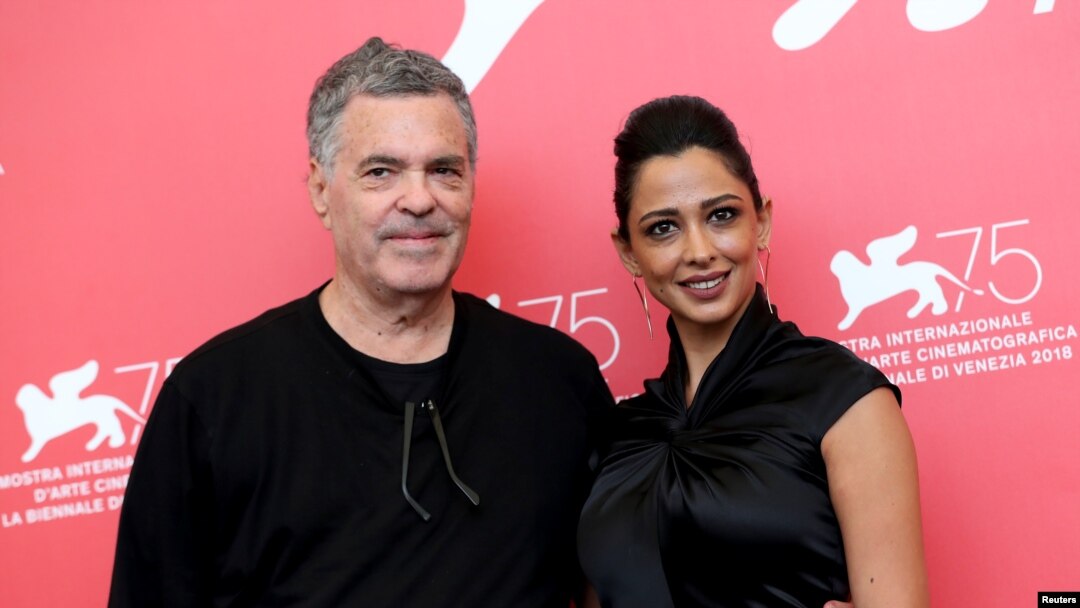Amos Gitai's Letter to a Friend in Gaza offers unflinching criticism of Israel's
blockade of Gaza and its lethal response to Palestinian protesters, in which the filmmaker asks fellow Israelis to examine their consciences.
In the nonfiction short, which premiered at the Venice Film Festival this week, Israeli and Palestinian actors read out stories and poetry, including a piece by journalist Amira Hass published in Haaretz called 'I Was Just Following Orders': What Will You Tell Your Children?
"It's a very strong text," Gitai told Reuters in an interview. "This is a piece that she wrote to the Israelis, wanting them to be aware of what is happening a very few kilometers from their border where there are 2 million people kind of caged in Gaza."
Gitai denied that the film drew any comparison to Nazi Germany, where people who committed crimes against humanity often justified their actions as only "following orders."
"Amira Hass doesn't make the comparison. You're making it, it's in your mind. Maybe it was in her mind," Gitai said.
"I'm for talking precisely. When we go beyond precision, I don't think we help our argument."
For more than a decade Gaza has been controlled by the Islamist group Hamas and subjected to an Israeli-Egyptian blockade that has caused deep economic hardship among its people. Israel says it has to enforce the blockade to defend itself against Hamas, which has called for its destruction.
Divided city
Gitai also brought a feature film to Venice, A Tramway in Jerusalem, which takes a lighthearted look at very diverse characters travelling together through the divided city.
"It's a metaphor for what can be the relationship in a city as divided, as conflicted, as Jerusalem when things get back to normality," he said.
As the movies screened, the leader of Britain's opposition Labor Party, Jeremy Corbyn, was facing accusations of tolerating anti-Semitism, something he denies. Last month Corbyn apologized for hosting a 2010 event at which another speaker reportedly compared Israeli policy toward the Palestinians to the Nazis' policies toward the Jews.
"I think that making this kind of comparison ... helps right-wing tendencies within Israel," Gitai said. "So it's better to be ... precise and not make generalities."
Gitai will tackle the roots of anti-Semitism in his next film, set in the 16th century, which he said might feature one or more of the actresses he has directed before: Natalie Portman, Juliette Binoche or Lea Seydoux.
"Some of them are in it — I'll let you guess," he teased.
Gitai's films were screened out-of-competition at the Venice Film Festival, which ends Saturday.


